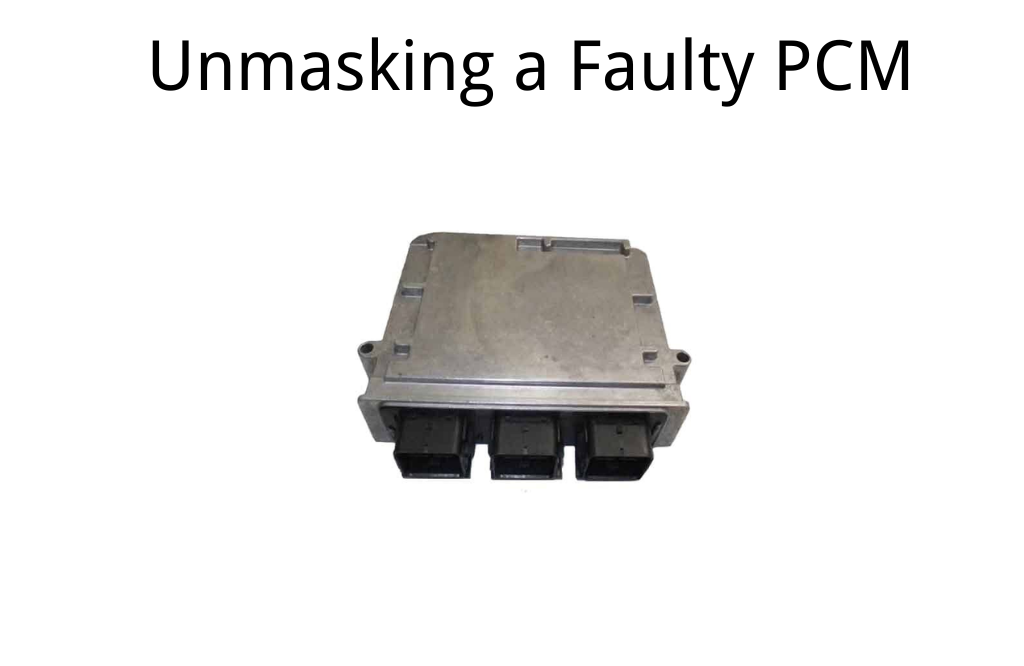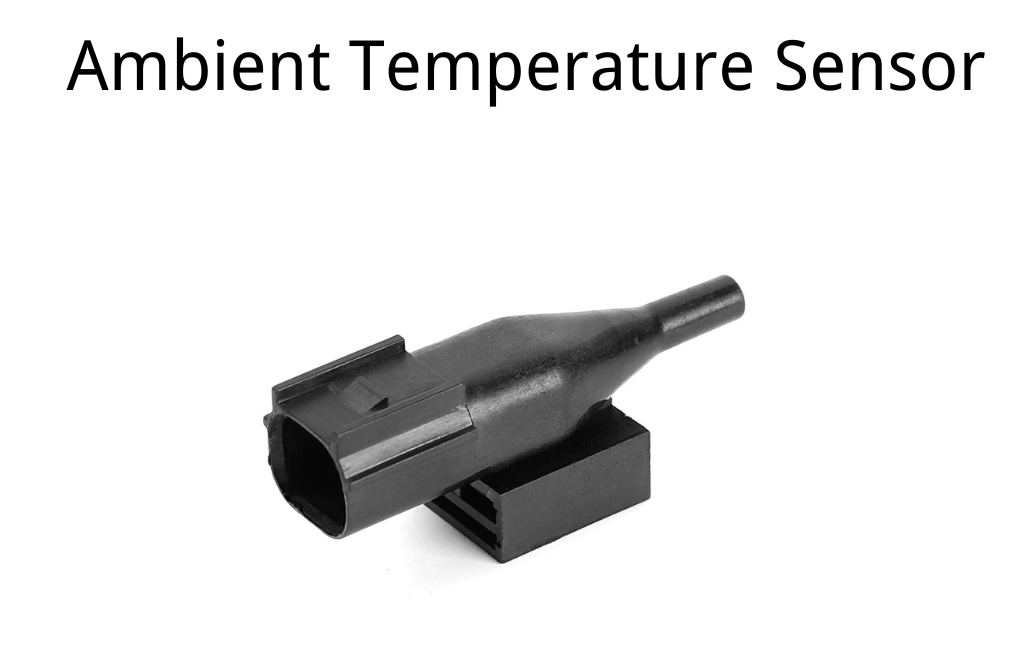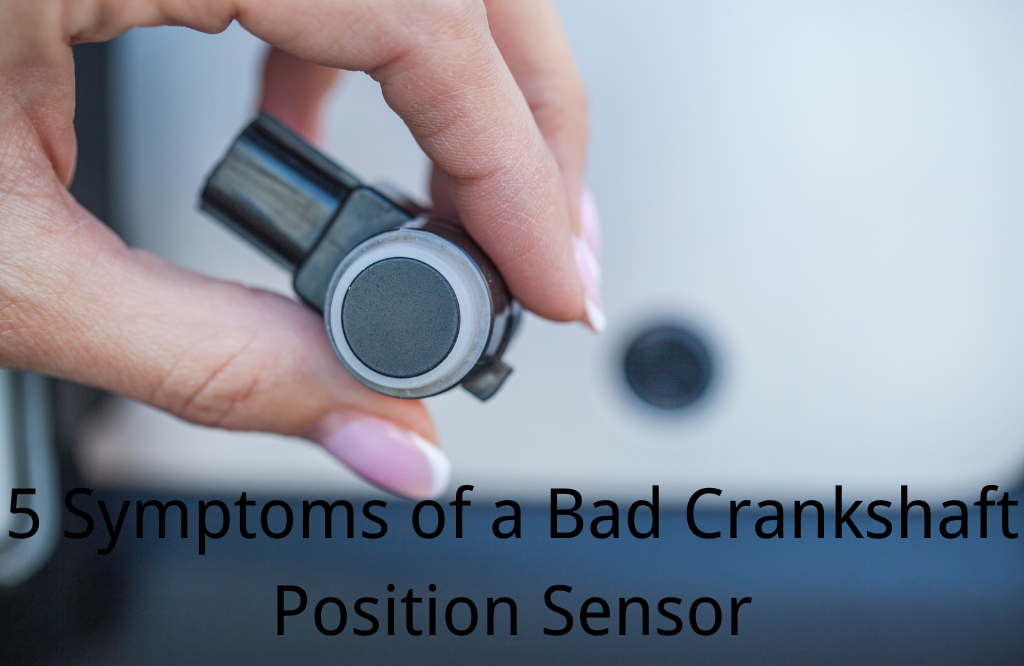When it comes to your car, the Powertrain Control Module (PCM) is one of those parts you don’t think about much—until it goes bad. And trust me, you’ll know. But how do you spot the symptoms of a bad PCM before you're stranded on the side of the road? Well, that’s exactly what we’re diving into today.
In this guide, I’ll walk you through what causes a bad PCM, how to diagnose it, and what steps you need to take to fix it. Let’s get real, keep it fresh, and break this down so it makes sense.
What is a PCM and Why Does It Matter?
Let’s get this straight from the jump: The PCM is your car’s brain. It controls critical systems like the engine, transmission, and exhaust. When it goes haywire, your whole ride can follow suit.
Symptoms of a Bad PCM: What to Look For
A bad PCM doesn’t just silently ruin your day. It has clear signs. If you're paying attention, you'll spot them before they cost you big.
Check Engine Light On, and Won't Go Off
The most obvious sign of a bad PCM is the check engine light. If it’s on and won’t go away—even after a reset—it’s a major red flag. The PCM is telling you something’s wrong. Don’t ignore it.
Engine Won’t Start or Starts Rough
A bad PCM can prevent your engine from starting at all. It can also cause your car to sputter and stall while driving. If the engine cranks but refuses to start, or starts but runs poorly, the PCM might be the culprit.
Unstable Acceleration or Poor Fuel Economy
Your car’s PCM regulates fuel delivery to the engine. If it starts malfunctioning, you might notice poor acceleration or a sudden drop in fuel economy. If you’re pushing the pedal and your car feels like it’s lagging, the PCM might be behind the problem.
Transmission Shifting Problems
Since the PCM also manages transmission functions, a faulty module can cause weird shifting behavior. If you feel your car jerking or struggling to shift gears, your PCM could be failing.
Poor Emissions or Failed Emissions Test
A bad PCM can mess with your emissions system, making it difficult to pass inspections. If your car is failing its emissions test, and you’ve ruled out other issues, a malfunctioning PCM is worth considering.
Electrical System Malfunctions
Since the PCM controls much of your car's electrical system, anything from your lights flickering to malfunctioning wipers could indicate a PCM problem.
What Causes a Bad PCM?
So, how does the PCM fail in the first place? Let's break it down:
Power Surges
Too much electrical power flowing through the system can cause the PCM to short-circuit. This might happen after a battery jump-start or if you’ve installed aftermarket electronics that draw too much power.
Moisture and Corrosion
Water damage is a major issue for the PCM. If moisture gets into the PCM or its connectors, it can cause corrosion. This is especially common if your car has been exposed to floods or heavy rain without proper sealing.
Bad Wiring or Electrical Connections
Loose or frayed wires, or faulty connectors, can lead to issues with the PCM. It’s all about the electrical signals that get sent to and from the PCM. One bad wire, and everything starts going downhill.
Overheating
The PCM is a delicate piece of tech, and like any electronic, it doesn’t like extreme temperatures. If your engine is running too hot, it can affect the PCM, causing it to malfunction.
How to Diagnose a Bad PCM
You might think diagnosing a bad PCM requires a mechanic’s degree, but it’s actually simpler than you think.
1. Check for Error Codes
The first thing you should do is pull the error codes. If you have an OBD2 scanner, plug it in and check for codes related to the PCM. Some of the most common PCM-related codes are P0600 (Communication Error) and P0606 (PCM Processor Fault).
2. Visual Inspection
Look for any obvious signs of damage. Check for loose or frayed wiring, and inspect the PCM for any visible signs of corrosion or water damage. If you see anything like that, it could point to a faulty PCM.
3. Test the PCM
If you’re not sure, you can take your car to a shop and have them test the PCM. They’ll use specialized equipment to check if the PCM is malfunctioning or not.
PCM vs ECU: What’s the Difference?
Now, you might be wondering: Is a bad PCM the same as a bad ECU? Here’s the deal:
- PCM (Powertrain Control Module): Controls the engine and transmission.
- ECU (Engine Control Unit): Specifically controls the engine. The PCM is essentially a broader version of the ECU.
The two are similar, but the PCM has a bigger job, controlling both engine and transmission functions. If either one fails, though, the car isn’t going anywhere.
How Long Does a PCM Last?
PCMs are built to last, but they don’t last forever. On average, a PCM can last anywhere from 10 to 20 years, depending on driving conditions and maintenance.
To extend the life of your PCM:
- Keep your engine and electrical systems well-maintained.
- Avoid power surges by using a surge protector for your car’s electrical system.
- Ensure that your PCM is properly sealed to protect it from moisture and debris.
Conclusion
If you’re dealing with symptoms of a bad PCM, don’t wait until it’s too late. Catching the problem early can save you time, money, and a whole lot of headaches. Whether it’s a check engine light that won’t go off or poor acceleration, these signs shouldn’t be ignored.
By understanding what causes a bad PCM and how to diagnose it, you’ll be ahead of the game. And if you need to replace it? Now you know what to expect in terms of cost and process.
FAQs
Can a bad PCM cause my car to stall?
Yes, a malfunctioning PCM can cause your engine to stall by not sending the right signals to the engine components.
Is replacing a PCM something I can do myself?
While replacing a PCM is doable for some DIYers, it can be a complex job depending on the car model. If you’re not confident, it’s better to leave it to the pros.
How do I know if I need to replace my PCM or my ECU?
If your car’s engine and transmission are both acting up, the PCM is more likely the issue. If it’s just the engine, the ECU might be the problem.




Leave a comment
This site is protected by hCaptcha and the hCaptcha Privacy Policy and Terms of Service apply.